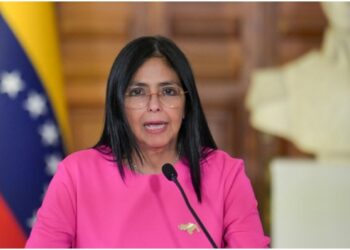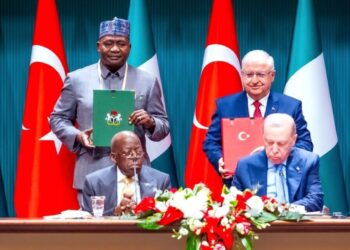Tanzania has announced plans to block access to the social media platform X (formerly Twitter), citing its allowance of pornographic content as a violation of the country’s laws and cultural norms.
Information Minister Jerry Silaa confirmed the decision during a televised interview, framing the move as part of a broader effort to enforce what the government calls “online ethics guidelines.”
Silaa specifically linked the ban to X’s 2023 policy shift, which permits “consensually produced adult content,” including same-sex material. He argued that this content directly contradicts Tanzania’s deeply held values.
The decision also follows a troubling series of cyberattacks: the official X account of Tanzania’s police was recently hacked to spread pornographic material and false claims about President Samia Suluhu Hassan’s death. Around the same time, the tax authority’s YouTube channel was compromised with similar explicit content.
While the government maintains that the ban is necessary to protect national morals and security, critics suggest a different motive. Many point to the country’s upcoming presidential and parliamentary elections scheduled for October. They argue the move reflects a broader pattern of digital repression, recalling the government’s decision to shut down Twitter ahead of the 2020 vote.
The Legal and Human Rights Centre (LHRC) has condemned the proposed ban, warning that it marks another step in what they describe as a troubling pattern of shrinking online freedoms. The LHRC notes that platforms like Clubhouse and Telegram are already inaccessible without VPNs. They also highlight the government’s hypocrisy: even as officials prepare to block X for ordinary citizens, many continue using it for official communication.
These growing restrictions on digital platforms coincide with an intensifying crackdown on political opposition and foreign activists. Tundu Lissu, Tanzania’s main opposition leader, now faces treason charges after calling for an election boycott unless the electoral process is reformed to ensure fairness.
Meanwhile, prominent Kenyan and Ugandan activists, including former Kenyan Justice Minister Martha Karua, have been detained or deported for expressing solidarity with Lissu.
Serious allegations have also surfaced regarding the treatment of detained activists. Ugandan journalist Agather Atuhaire and Kenyan activist Boniface Mwangi claim they were sexually assaulted while in custody, accusations that Tanzanian police have strenuously denied.
These developments have raised fears of a backslide into authoritarianism. President Samia Suluhu Hassan initially won international praise for rolling back some of the repressive policies of her predecessor, John Magufuli.
Yet recent actions—including internet restrictions, arrests of opposition leaders, and deportations of activists—have led many to believe that she is now reviving Magufuli’s heavy-handed tactics, particularly with elections looming.
The government continues to insist that Tanzania remains a stable democracy. However, human rights organisations warn that the impending X ban, coupled with the broader crackdown on dissent, signals a dangerous erosion of civil liberties. As the election approaches, Tanzania’s digital and political landscape appears increasingly tense and volatile.
Questions now linger over what comes next. Will VPNs become the only gateway for Tanzanians hoping to access X and other restricted platforms? How will the international community respond to the mounting allegations of torture and abuse against detained activists? And can the opposition’s call for election reforms gain traction despite the government’s tightening grip?



































